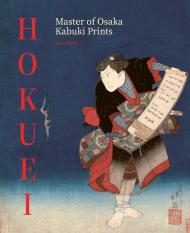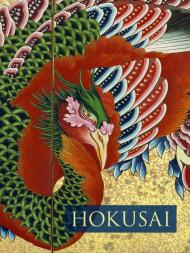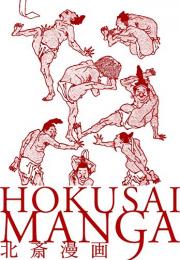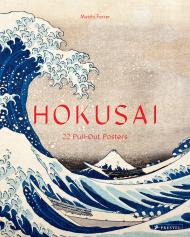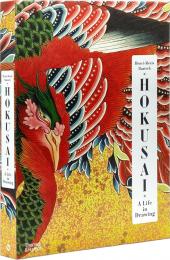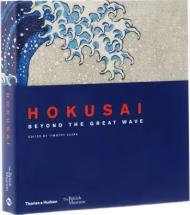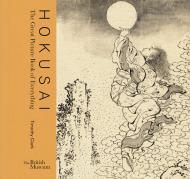Найулюбленіші оповідання Харукі Муракамі нарешті у формі графічного роману!
Романи, есе та оповідання Харукі Муракамі розійшлися мільйонами примірників по всьому світу та були перекладені десятками мов. Тепер у цій тритомній серії найулюбленіші оповідання Муракамі вперше доступні у формі манги англійською мовою.
Зі своїм фірмовим поєднанням реалізму та фентезі, зосередженим навколо характерних тем Муракамі: втрати, каяття та розгубленості. Три оповідання в цьому томі:
- Другий напад на пекарню: Молодята лежать у ліжку, голодні. Чоловік розповідає дружині про те, як вони з другом пограбували пекарню та вкрали хліб, щоб прогодувати себе на два дні. Почувши цю історію, жінка пропонує спробувати те саме ще раз.
«[…] ілюструє відчуття Муракамі крихкості звичайного світу». — Kirkus Reviews
- Закоханий Замза: продовження історії про Грегора Замзу з «Метаморфоз» Кафки. Головний герой прокидається і виявляє, що перетворюється на когось на ім'я Самса, а потім закохується в горбату жінку, яка приходить полагодити замок на його дверях.
«Закоханий Самса — це частина роду, що сягає корінням у першу публікацію «Метаморфоз» у 1915 році і сягає (і далі?) донині». — Los Angeles Times
- Таїланд: Жінка середнього віку бере перерву в роботі лікаря, щоб поїхати у відпустку до Таїланду. Вона дізнається від спіритиста, що її безплідне життя та нездатність пробачити створили камінь у її нутрощах, який буде всім, що залишиться від неї після її смерті.
«Його персонажі такі переконливі, а розповідь така простора… Чіткі, досконалі історії Муракамі… мають велику безпосередність». — The Seattle Times
Ці нові графічні версії класичних оповідань Муракамі будуть поглинуті його шанувальниками та відкриють нове вікно в його творчість для нового покоління читачів, які ще не знайомі з нею!
Про автора:
Перший роман Харукі Муракамі Hear the Wind Sing отримав літературну премію Гундзоу в 1979 році. Він є автором багатьох романів, зокрема Norwegian Wood, Sputnik Sweetheart та Kafka on the Shore. Він опублікував три збірки оповідань: The Elephant Vanishes, After the Quake та Blind Willow, Sleeping Woman. Найновішою з його численних міжнародних літературних нагород є Єрусалимська премія, серед попередніх лауреатів якої були Дж. М. Кутзее, Мілан Кундера та В. С. Найпол. Твори Муракамі перекладено більш ніж п'ятдесятьма мовами.
Адаптації коміксів Жана-Крістофа Девенея були опубліковані в Італії, Іспанії, Англії, США, Японії та Аргентині. Він організовує міжнародні проекти та виставки коміксів. Він викладав написання сценаріїв для коміксів та анімації протягом п'ятнадцяти років.
PMGL ілюструє журнали та андеграундні комікси, а також публікує комікси, оповідання та художні комікси. Він також викладає морфологію та анатомію людини аніматорам та художникам відеоігор. Паралельно він колекціонує платівки 70-х років на 45 обертів за хвилину та працює діджеєм під псевдонімом Коффі Гнато.




